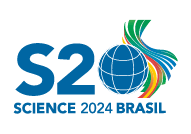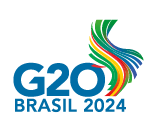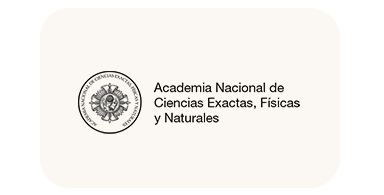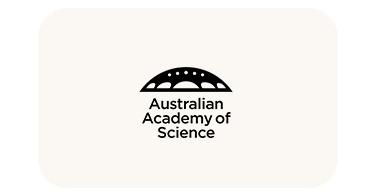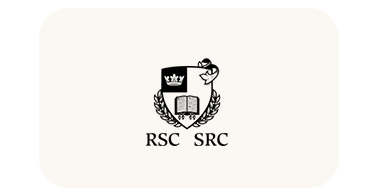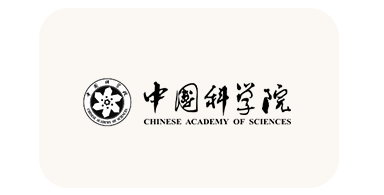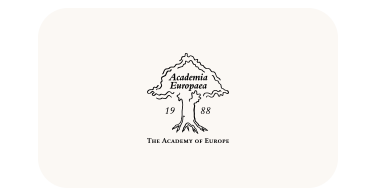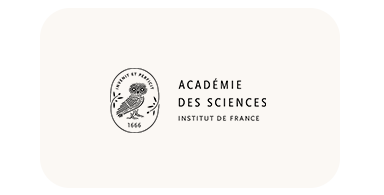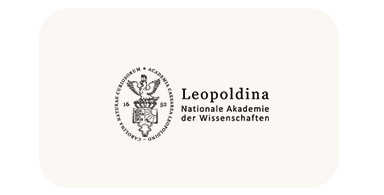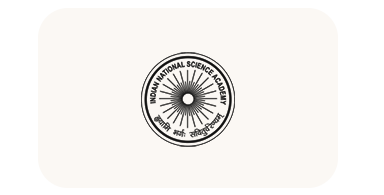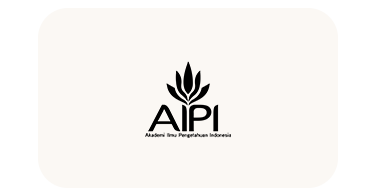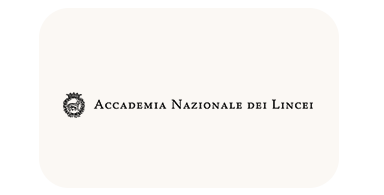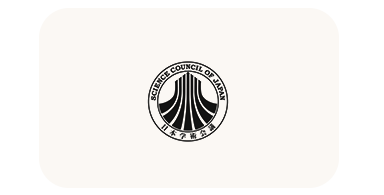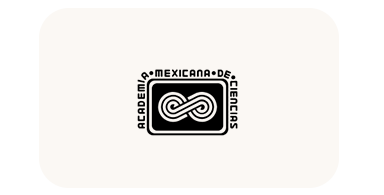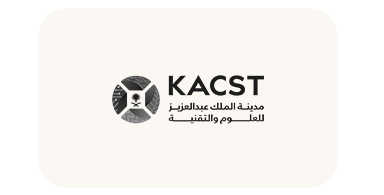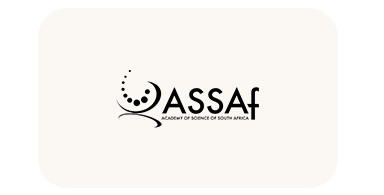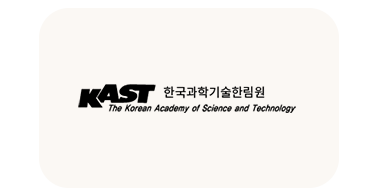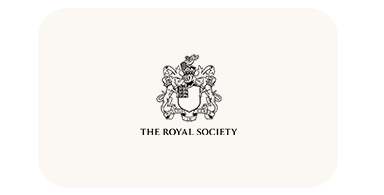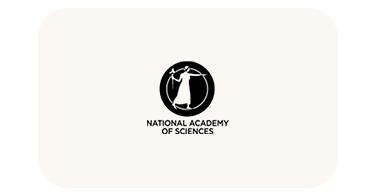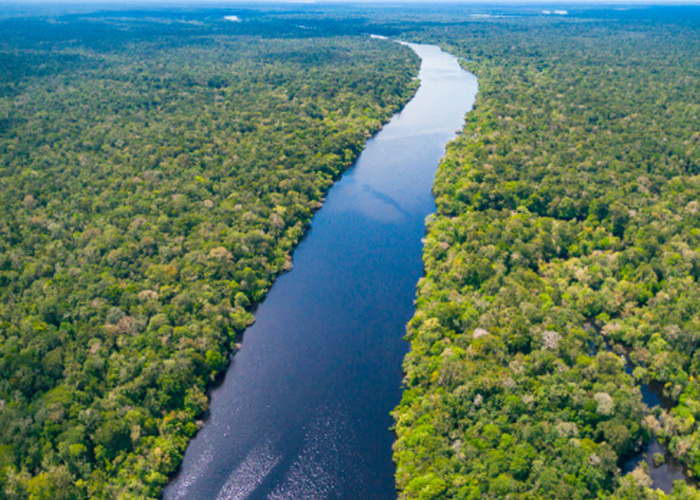
S20 Engagement Group
Founded in 1999, the G20 is a group composed of the 19 largest economies in the world, in addition to the European Union and the African Union (admitted in 2023). Since 2008, when Heads of State and Government began directly engaging in discussions (previously only finance ministers and central bank presidents from these nations participated), the G20 agenda has expanded beyond the economic and financial sphere. In this regard, in 2017, the Science20 (S20) was created to act as the G20’s engagement group for the area of science and technology.
The Science20 is formed by the national Academies of sciences of G20 countries and promotes a dialogue between the scientific community and policymakers. Analogous to the G20, the S20 has a non-permanent rotating secretariat and operates as a forum (rather than an organization), with its summits held annually, usually preceding the respective G20 summit.
Throughout the annual cycle, S20 members address relevant topics and formulate documents with specific recommendations and actionable measures for the G20. These proposals form the basis of the S20 communiqué, which is formally presented to the G20 leaders for consideration.
Previous editions of the S20 were held in the following countries: Germany (2017), Argentina (2018), Japan (2019), Saudi Arabia (2020), Italy (2021), Indonesia (2022), and India (2023).
About S20 Brasil
With Brazil in charge of the presidency of the G20 in 2024, the Brazilian Academy of Sciences (ABC) faces the responsibility of organizing the 8th edition of the Science20 (S20), an engagement group for the field of science and technology comprised of the national academies of sciences of G20 countries.
In September 2015, our countries approved a global agenda, to be achieved by 2030, aiming to free our people from the tyranny of poverty and protect the planet. Bold and transformative measures were outlined, with our governments committing to embrace them to steer the world towards a sustainable and resilient path. These actions are integrated and indivisible and must balance the three dimensions of sustainable
development: the economic, social, and environmental. Also, this collective journey is anchored in the commitment that no one would be left behind. We are 7 years away from the established deadline and, with concern, we realize that we are far from the desired and agreed-upon 17 Sustainable Development Goals.
The precept of the Brazilian government for the G20 is “Building a Just World and a Sus-tainable Planet”. The Brazilian Academy of Sciences, as organizer of the 2024 edition of the S20, de-fined “Science for Global Transformation” as its motto. Several themes could be discussed under this broad perspective, thus the ABC decided to approach “Science for Global Transformation” in five different task forces:




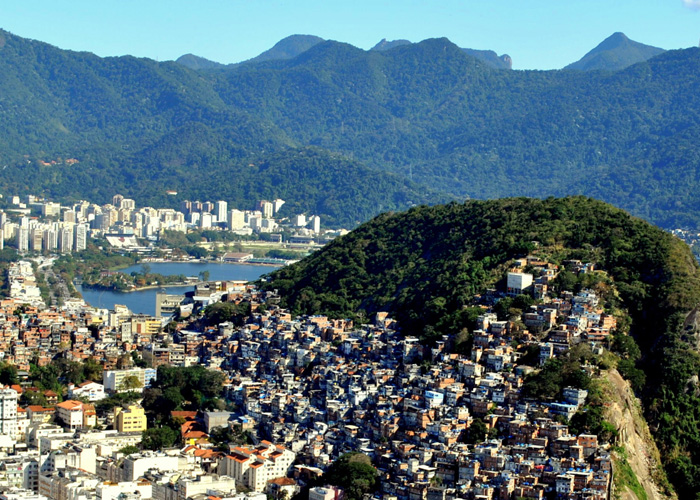
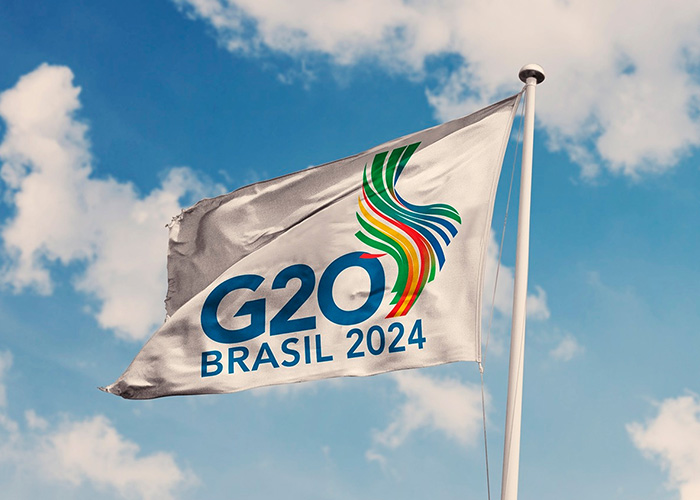
More than 345 000+
Impacted People
International Economic Cooperation Forum
On December 1, 2023, Brazil took on the rotating presidency of the G20, a group composed of the 19 largest economies in the world, in addition to the European Union and the African Union (admitted in 2023). With a one-year term (until November 30, 2024), this is the first time Brazil occupies the position in this format – in 2008, Brazil chaired the G20 when the event was of ministerial level.
During the Brazilian presidency, priority issues will be discussed, including the fight against hunger, poverty and inequality, the three dimensions of sustainable development (economic, social and environmental) and the reform of global governance. Throughout the Brazilian term, technical meetings, ministerial conferences, and the next Summit of Heads of State and Government, scheduled for November 18 and 19, 2024, in Rio de Janeiro (RJ), are planned.
The G20 operates according to two parallel workstreams which communicate with each other: the Sherpa Track and the Finance Track. The Sherpa Track is led by emissaries of the G20 leaders, and oversee negotiations, discuss the points that form the summit’s agenda and coordinate most of the work. The Finance Track deals with strategic macroeconomic issues and is led by member countries’ Finance ministers and central bank heads.
Among the new features presented by Brazil’s presidency is the G20 Social, a place where civil society can participate and contribute to discussions and policy formulations referring to the Summit. The G20 Social encompasses, among others, the activities of 13 engagement groups, which includes the Science20 (S20). The engagement groups provide a broad platform for non-governmental participants from G20 member countries to contribute to the policy formulation process. The highlight will be the Social Summit, on November 15-17, right before the G20 Leaders’ Summit, also in Rio de Janeiro. The Social Summit will reflect the set of proposals discussed by the representatives of the societies of the countries that make up the G20.
-
- African Union
-
- Argentina
-
- Australia
-
- Brazil
-
- Canada
-
- China
-
- European Union
-
- France
-
- Germany
-
- India
-
- Indonesia
-
- Italy
-
- Japan
-
- Mexico
-
- Russia
-
- Saudi Arabia
-
- South Africa
-
- South Korea
-
- Turkey
-
- United Kingdom
-
- United States
